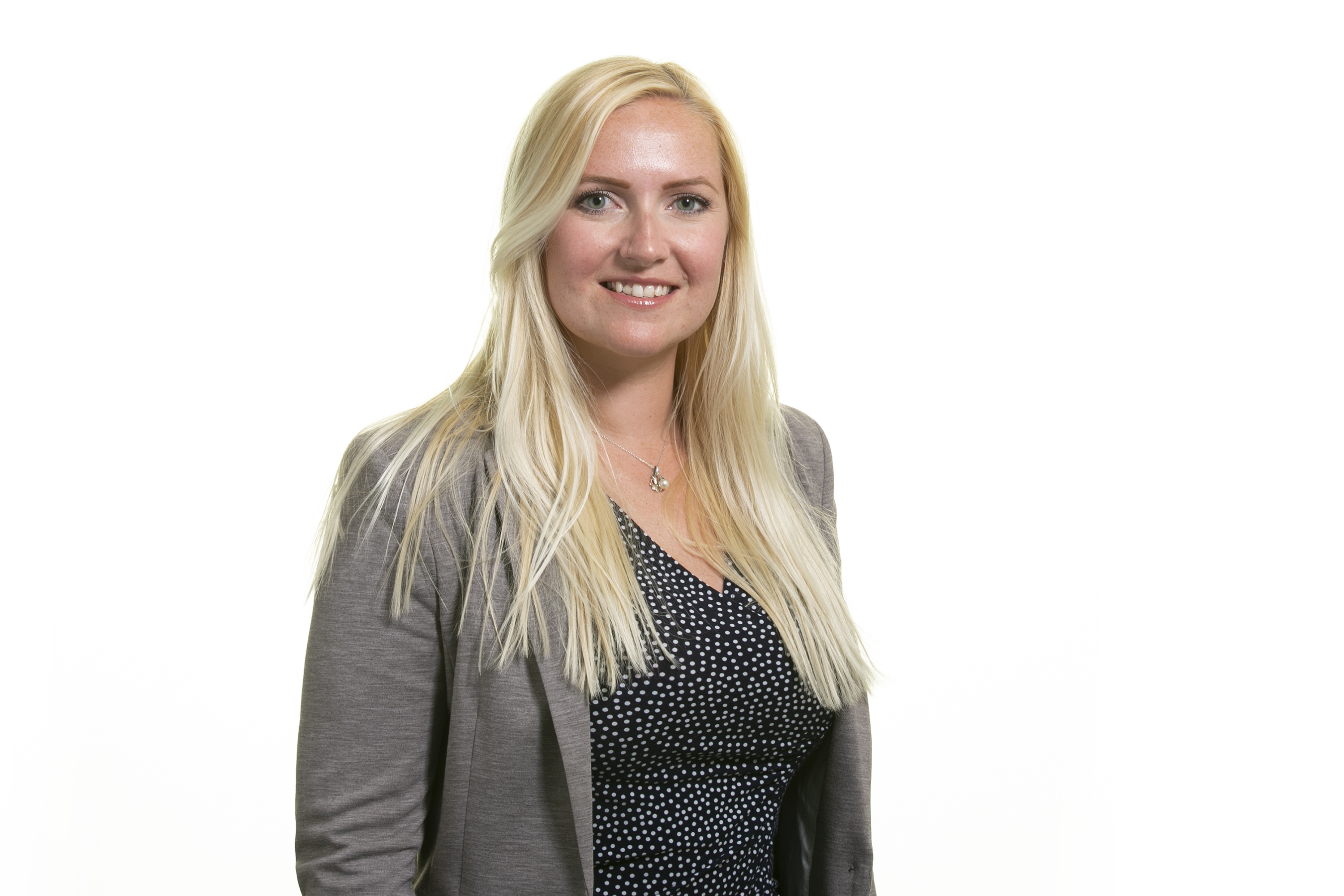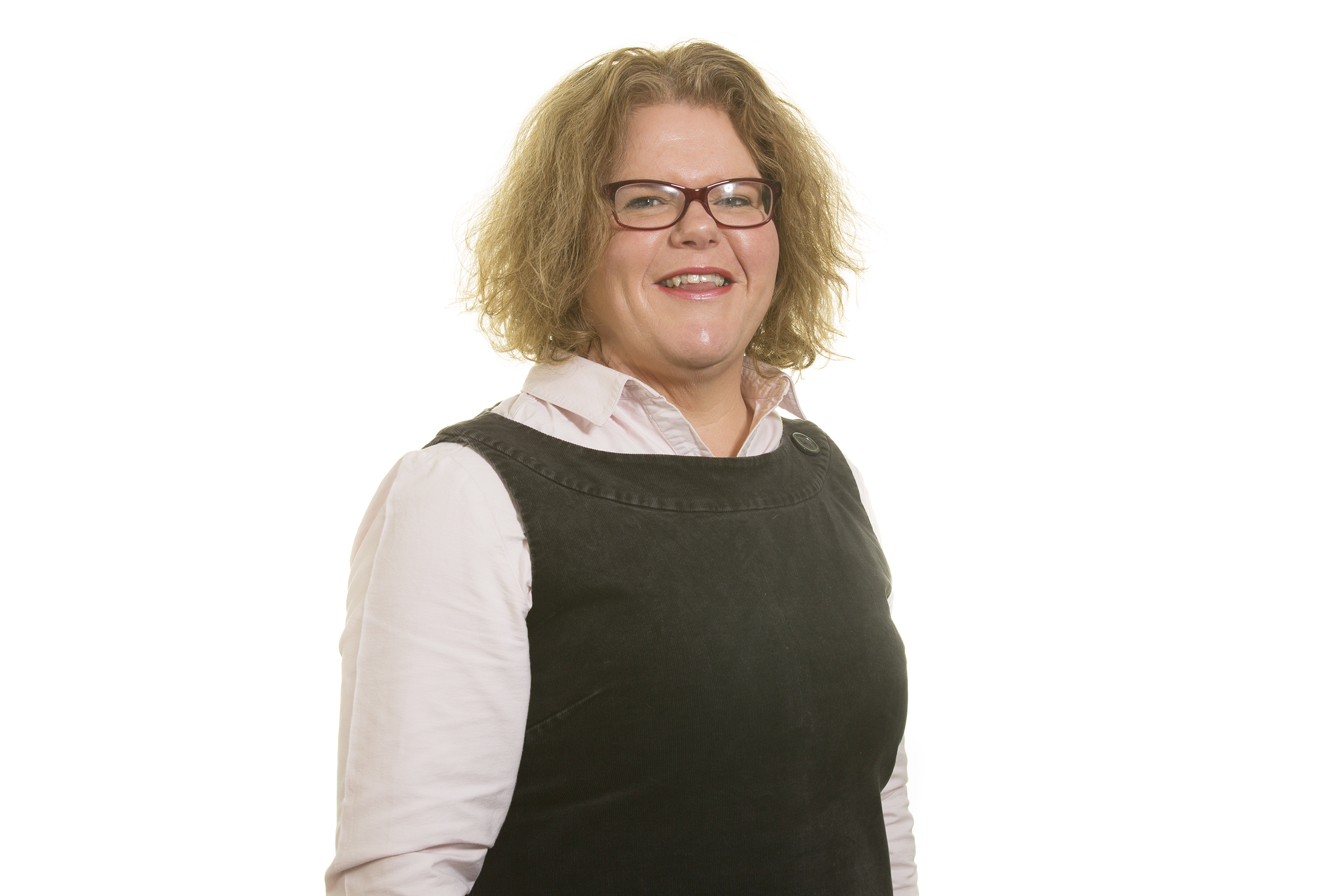Foundations for equality: LGBTQ+ inclusivity within the construction sector
Lawyers Sarah Wales, Fiona Graham and Curtis Fox explore how the construction sector can promote inclusivity of the LGBTQ+ community.

Sarah Wales
It is 50 years since the riots at the Stonewall Inn in New York sparked the international Pride movement, 50 years since people stood up and said enough is enough to the hatred, prejudice and violence they faced on a daily basis. In those 50 years, a lot has changed but there is still so much to do before true equality is achieved.
In a survey conducted by Construction News in 2017[1], 28% of LGBTQ+ respondents had experienced offensive or inappropriate comments about their gender or sexuality at work and 59% of people had heard “gay” being used as an insult in the workplace.
A staggering 54% of LGBTQ+ respondents said that they didn’t feel comfortable about being open about their gender or sexuality on site.
Enough is enough.
The construction industry has made progress towards a more inclusive and equal industry but it is clear that homophobia/transphobia is still an issue within the sector. This, coupled with the perception of the industry being male-dominated, can be a barrier to the inclusion of the LGBTQ+ community. But there is a lot that businesses can do to help tackle this issue and many reasons why they should.

Fiona Graham
What can your business do?
Educate - Education is key to help change the culture of any workplace. People are more likely to accept something once they understand it. Jo Hennessey, senior global marketing manager at WSP and national chair of Building Equality, said: “Diversity and inclusion need to be built into training on a par with health, safety and wellbeing on our sites, through the use of LGBT+ Toolbox Talks and awareness campaigns to tackle the issue.” Posters, literature and training sessions are all helpful when it comes to changing outdated views and promoting inclusivity. In addition, the CITB has developed the Be FaIR framework[2] to “give employers a structured way to develop and embed fairness, inclusion and respect in their company”.
Inspire – A change in the culture surrounding inclusivity of the LGBTQ+ community needs to start at the top. Businesses are beginning to appoint role models or LGBTQ+ champions at a senior level who can show commitment to creating a cultural change towards a more diverse and inclusive workplace and workforce. Luke Ives, bid proposal manager at Civic Engineers and chair of Building Equality Manchester told us “We have few LGBT+, BAME or female role models in the construction industry and even fewer at board-level. But this is changing and we are beginning to see a real focus on Equality, Diversity and Inclusion, in order to attract and retain the diverse skills and experiences we need in our industry. Through Building Equality we are seeing LGBT+ champions, at all levels, across construction, which is a positive step for the industry by providing real-life visibility and reflection, for others to aspire to”.
Talk – “Hateful language is still a big issue on our UK construction sites. Whilst to some it may seem like harmless banter, seeing graffiti or hearing homophobic, biphobic or transphobic language on site can have a negative impact on our workforce, whether they identify as LGBT+ or not” says Jo Hennessey. Be mindful of the language you use and remind employees and colleagues of this. Insensitive words or phrases can make people feel uncomfortable and isolated and it makes it harder for them to be their authentic selves.
Support – Employees should have access to and be aware of counselling or support services offered by their employers. Peer support is also important and an increasing number of businesses are setting up their own internal LGBTQ+ Employee Network to encourage people to share their experiences and to support one another. Alex Morris, a senior civil structural engineer at Arup, told us “ten years ago, a senior leader invited me to support my company in establishing its LGBT+ staff network. I declined on the basis that I had never had any issues relating to my sexuality in the workplace and felt that the network was unnecessary. Later, when I eventually got involved, I learned that not everyone has the same positive experience and that there is a world of opportunity to be unlocked through the recognition and celebration of everyone’s diverse make-up”.
Step up – Employees should be encouraged to speak out when they feel that they have been mistreated and be reassured that unacceptable behaviour will be taken seriously and properly dealt with. Furthermore, employees should be supported to call out anyone who is using inappropriate or offensive language towards another or to report such behaviour. Jo Hennessey told us “when I reported hateful graffiti on site earlier this year, it was dealt with swiftly and with extreme professionalism by the firm in charge who reinforced a zero-tolerance approach to such behaviour to their entire workforce.”
Embed and repeat – It is essential that employers continue to promote the support, training and inspiration above in order to embed a change in the culture of their business - not just to tick the diversity and inclusion box.

Curtis Fox
Better for Business
Tackling the skills shortage - It is well documented that the ever-growing skills shortage is a very real threat to the construction sector. The 2017 Annual Population Survey published by the Office for National Statistics[3] estimated that in 2017, 2% of the population identified as lesbian, gay or bisexual. This equates to around 1.1 million people. A further 0.6% (roughly 330,000 people) identified as neither LBG or heterosexual. The LGBTQ+ community is, therefore, a huge talent pool which the construction industry could engage with in order to encourage more people into the sector.
Promoting better mental health – When people feel that they can’t be their true selves it is bound to take its toll on their mental health. Mental health challenges are already a significant problem in the construction sector[4]. The added pressure of having to keep a part of themselves secret serves only to compound this issue further. Christina Riley, senior planner at Kier and vice-chair of the Kier LGBT+ & Allies Network, said “My life changed with the launch of my company’s LGBT & Allies Network in 2014. For the first time in my life, I found a safe space to be myself. I am happier, more productive and the very best version of me, and that is thanks to the industry I work in”.
Improved productivity and staff retention – By embracing LGBTQ+ employees, businesses are seen as great places to work, not only by the LGBTQ+ community but by heterosexual onlookers too. This can help to attract people to join businesses and the sector more generally. Employees are more likely to remain in a job than move to a competitor when they feel happy, safe and able to be themselves. Employees are also generally more productive when they are able to focus on their work rather than spending energy trying to hide a part of themselves or be someone else to “fit in”. Alex Morris from Arup told us that “Our LGBT+ staff network, and the events it organises, play a fantastic role in bringing together incredibly diverse groups of people and giving them exciting things to talk about. These make us stronger as an organisation, improving collaborative performance and driving higher levels of innovation”.
The construction industry has taken some steps forward but there is still a long way to go. Ultimately, construction companies have the opportunity to embrace and benefit from the skills and talents of a diverse workforce which reflects the communities in which construction projects are taking place every day.
Building Equality is an alliance of construction consultants, engineers, developers and contractors who are passionate about working together and harnessing our collective power to drive LGBT+ inclusion in the construction industry. Our vision is to have a construction industry that is wholly welcoming, inclusive and supportive of LGBT+ professionals across the UK. Find out more by following @BuildingEqLGBT on Twitter or searching “Building Equality”.
Womble Bond Dickinson has teamed up with Building Equality Leeds to host a Leeds Pride pre-event and to take part in the Leeds Pride Parade on 4 August 2019.





















